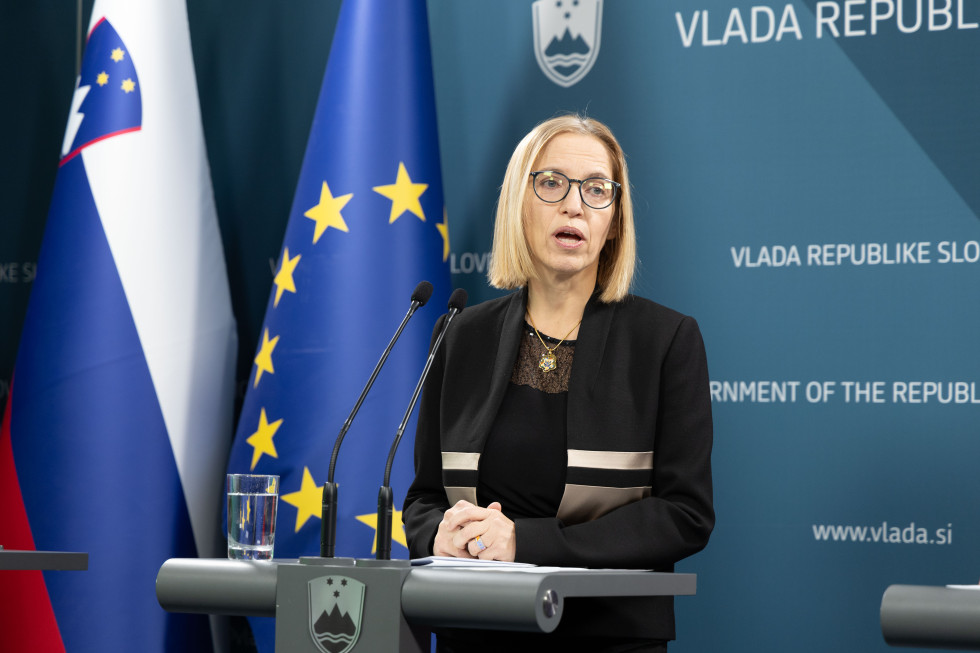136th regular session of the Government of the Republic of Slovenia
The new amendments to the Health Services Act increase the transparency in providing health services with regard to all stakeholders, including a more transparent concession granting procedure. They separate public and private (market) health services and introduce incentives for the work of healthcare staff employed by public healthcare institutions. The aim of the proposed amendments is primarily to regulate the conditions of entry into the health service system (through a medical licence) and into the public healthcare service network (through healthcare concessions).
The main objective of the proposal of the Temporary Protection of Displaced Persons Act is to introduce solutions to lift the burden off the state bodies involved in the temporary protection procedures. This would also accelerate the access to the rights of persons with temporary protection and a comprehensive regulation of the rights and obligations of persons with temporary protection in the Republic of Slovenia, which would accelerate the reception and integration of persons with temporary protection into Slovenian society. Under the proposed Act, the introduction of temporary protection in the Republic of Slovenia is no longer subject to a special decision. Instead, the adopted implementing decision of the Council of the European Union, which establishes the existence of the mass influx of displaced persons and introduces temporary protection, will apply and have direct effect in all Member States.
At today's session, the Government also determined the text of the draft Resolution on the Prevention of Corruption in the Republic of Slovenia, and submitted it to the National Assembly of the Republic of Slovenia for consideration. The fundamental objectives of the Resolution focus on preventive action: the long-term and permanent elimination of conditions for the occurrence and development of corruption, the establishment of an adequate legal and institutional environment for the prevention of corruption, consistent enforcement of accountability for illegal actions, the establishment of a generally acceptable system of zero tolerance for all acts of corruption through different forms of education, and the effective application of internationally recognised standards in this area. Stakeholders from the public and private sectors, civil society, the media and the general public must be involved and actively participate in the fight against corruption and establishing zero tolerance for such practices.
In accordance with the Integrity and Prevention of Corruption Act (the ZIntPK), the Commission for the Prevention of Corruption shall monitor the implementation of the resolution on the basis of an action plan that it shall adopt within three months of the adoption of the resolution or its amendments in cooperation with the authorities responsible for the measures contained in the resolution.
The Government adopted a proposal for an Act amending the Promotion of Digital Inclusion Act, which, among other things, grants permanent ownership of computers to beneficiaries.


